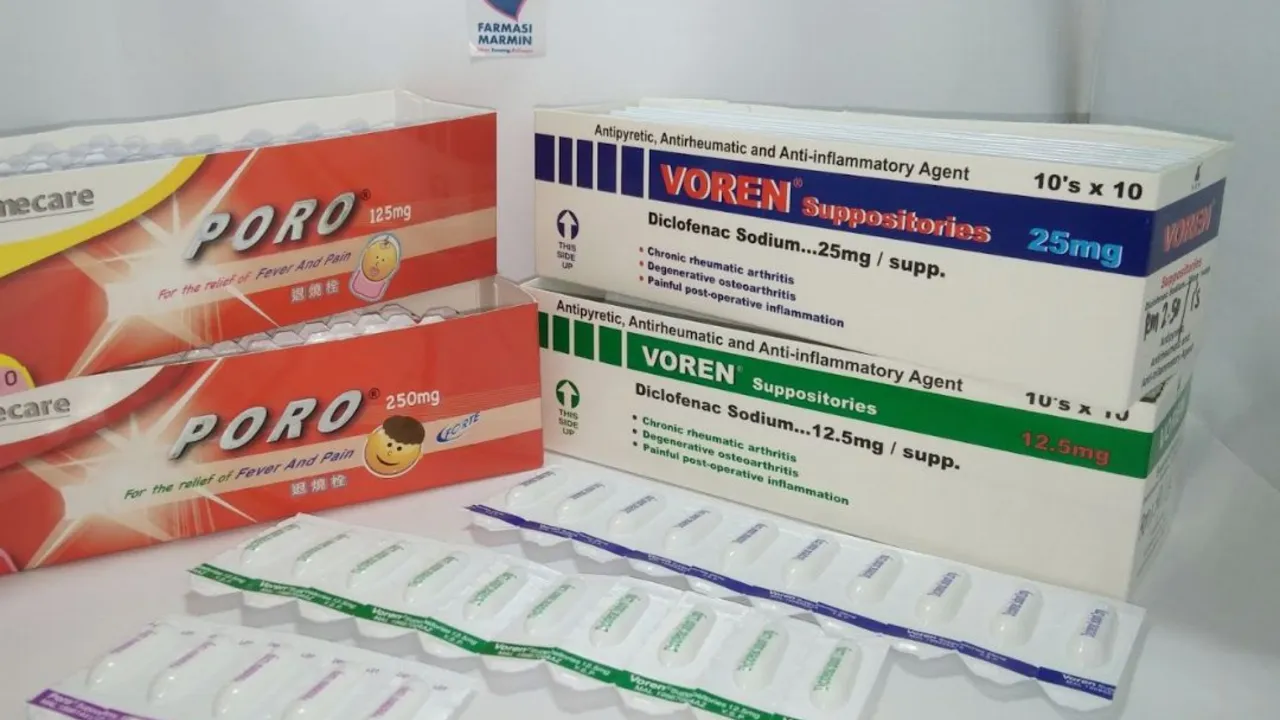Heartburn Relief: Quick, Real‑World Tips That Actually Work
Did you know that about one in three adults gets heartburn at least once a week? It’s annoying, it’s painful, and it can ruin a good meal. The good news is you don’t need a prescription or a fancy gadget to feel better. A few everyday changes and some smart tricks can put the burn out of sight fast.
Quick Fixes for Sudden Heartburn
When the burn hits, reach for the easiest helpers first. A glass of water can dilute stomach acid and calm the lining. If water alone isn’t enough, try a teaspoon of baking soda mixed with a cup of water—just one time, because too much can mess with your body’s pH.
Chewing a sugar‑free gum for 15‑20 minutes after a meal also works. The extra saliva neutralizes acid and pushes it back down into your stomach. Keep antacids like Tums or Maalox handy; they give instant relief by neutralizing acid on contact.
Another fast trick is to sit upright or take a short walk. Lying down lets acid splash up the esophagus, while moving keeps gravity on your side. Even a 10‑minute stroll after dinner can cut the odds of a flare‑up.
Long‑Term Strategies to Prevent the Burn
Skipping the quick fixes and tackling the root causes pays off. Start by watching what you eat. Spicy foods, citrus, chocolate, coffee, and carbonated drinks are common culprits. You don’t have to give them up completely—just notice which ones trigger you and cut back.
Portion size matters, too. Large meals stretch the stomach and push acid up. Try smaller, more frequent meals and stop eating at least three hours before bedtime. If you need a snack at night, keep it light—think a banana or a handful of almonds.
Weight can squeeze the stomach, forcing acid upward. Losing even a few pounds can lower the pressure and reduce symptoms. Simple moves like walking, using stairs, or short home workouts add up.
Alcohol and smoking are double trouble. Alcohol relaxes the lower esophageal sphincter (the valve that keeps acid down), while smoking reduces saliva and damages the esophageal lining. Cutting back or quitting can dramatically improve how often you feel heartburn.
If lifestyle tweaks aren’t enough, talk to a pharmacist about over‑the‑counter H2 blockers (like famotidine) or proton‑pump inhibitors (like omeprazole). They’re safe for short‑term use and give longer‑lasting relief than antacids.
When heartburn becomes a daily habit, or you notice trouble swallowing, weight loss, or persistent cough, it’s time to see a doctor. Persistent acid can damage the esophagus, and a professional can rule out more serious conditions.
Bottom line: you can tame heartburn with a mix of immediate actions and smarter habits. Keep water, antacids, and gum within reach for instant help, and gradually adjust diet, portion sizes, and lifestyle for lasting comfort. Your next meal doesn’t have to end with a painful burn—just a satisfied, happy gut.
Natural Alternatives to Ranitidine for Heartburn Relief
Hi there, in this post we will explore natural alternatives to Ranitidine for heartburn relief. We'll dive into the world of natural remedies, from diet changes to herbal solutions, to help combat heartburn effectively. I want to share with you various safe and natural alternatives that can provide relief just as Ranitidine does. Besides, choosing natural avenues could also mean negligible side effects and a healthier lifestyle. So, if you're ready to say goodbye to uncomfortable heartburn, join me in this enlightening journey to health and comfort.
- 10
- Read More
